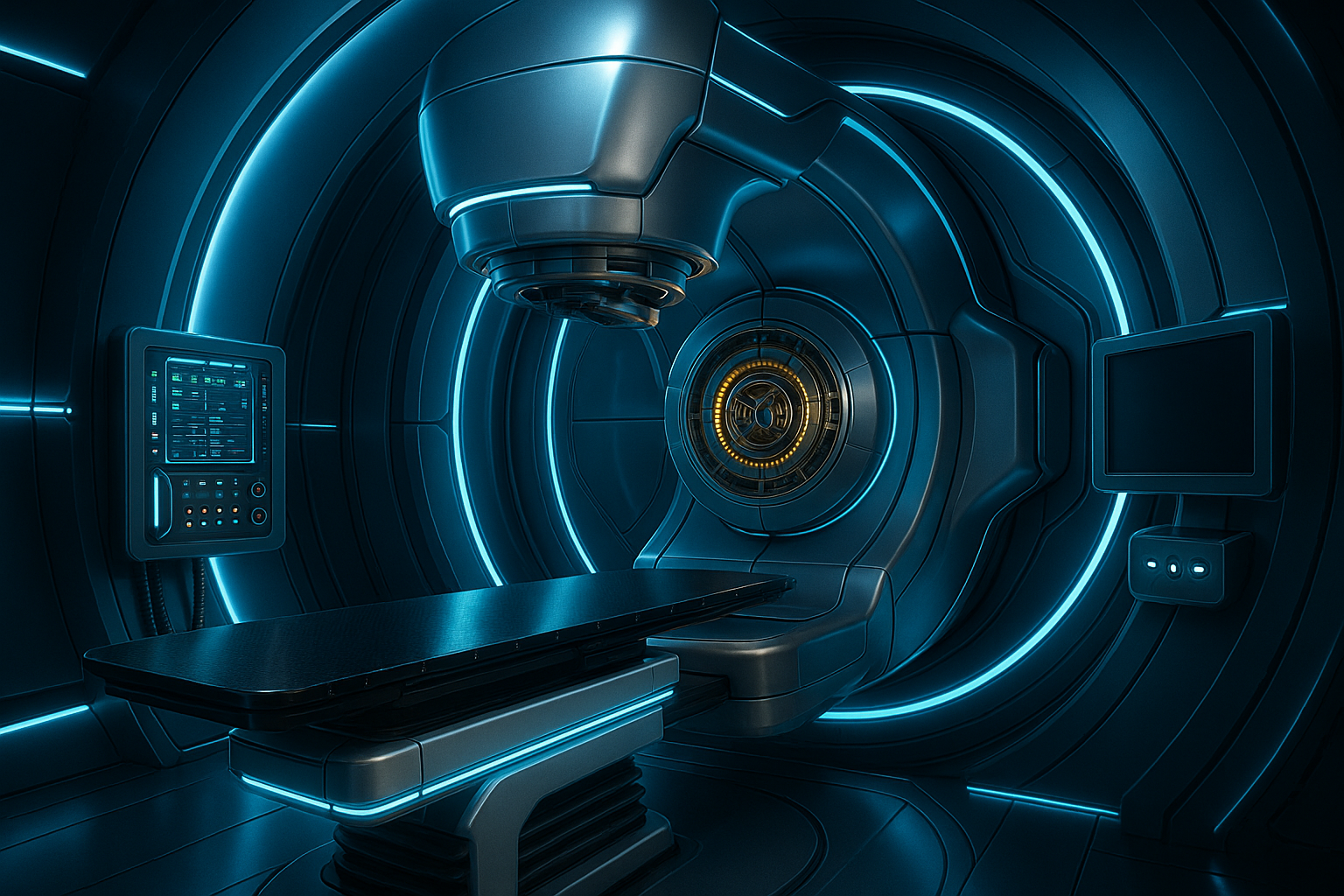The FLASHGuard Project team brings together all the key competences required to successfully deliver this project, combining deep expertise in Particle Physics detectors, fast front-end electronics, and advanced simulation.
The team is supported by an international advisory committee of renowned experts, ensuring scientific excellence and promoting innovation at the frontier of Medical and Particle Physics technologies.
FLASHGuard Project Team
PhD Researchers
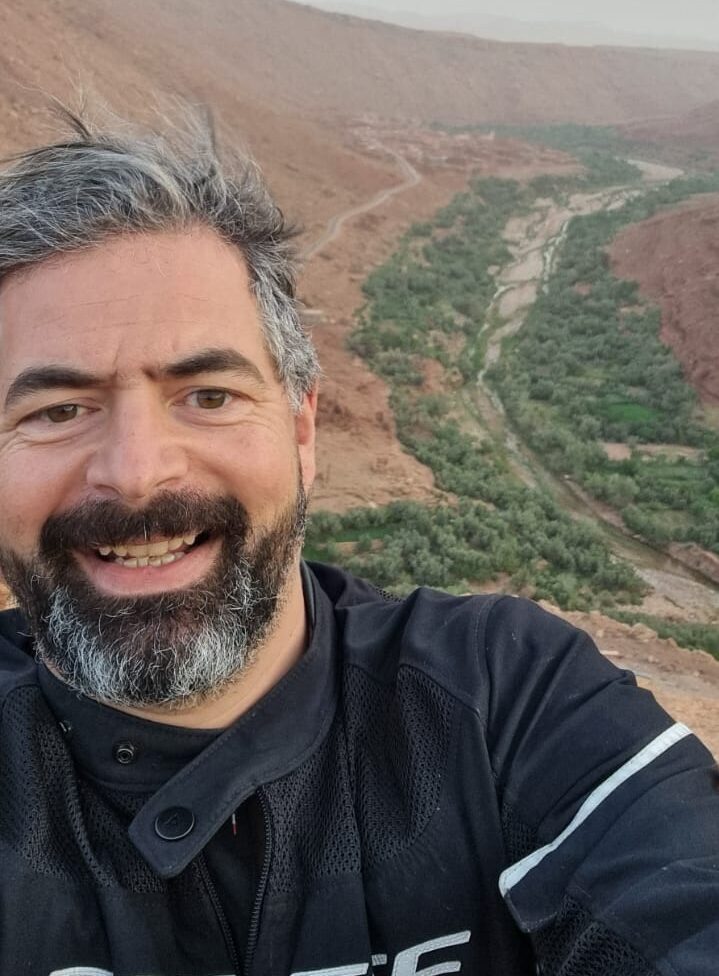
Pedro Assis
LIP/IST
Pedro Assis is an Assistant Professor at the Department of Physics of Instituto Superior Técnico, University of Lisbon, and a Researcher at LIP – Laboratório de Instrumentação e Física Experimental de Partículas. His research focuses on experimental Particle and Astroparticle Physics, with expertise in fast electronics and data acquisition systems for large-scale international collaborations. He has contributed to projects such as the Pierre Auger Observatory and ESA initiatives, developing innovative detectors for cosmic ray and space applications. At LIP, he leads the electronics laboratory and co-coordinates activities in advanced instrumentation for high-energy physics experiments, including ATLAS at CERN. He is also a member of the BoneOscopy consortium, a groundbreaking Medical Physics project supported by a 3.4 million euro EIC Pathfinder Open Grant.
📧 pedjor@lip.pt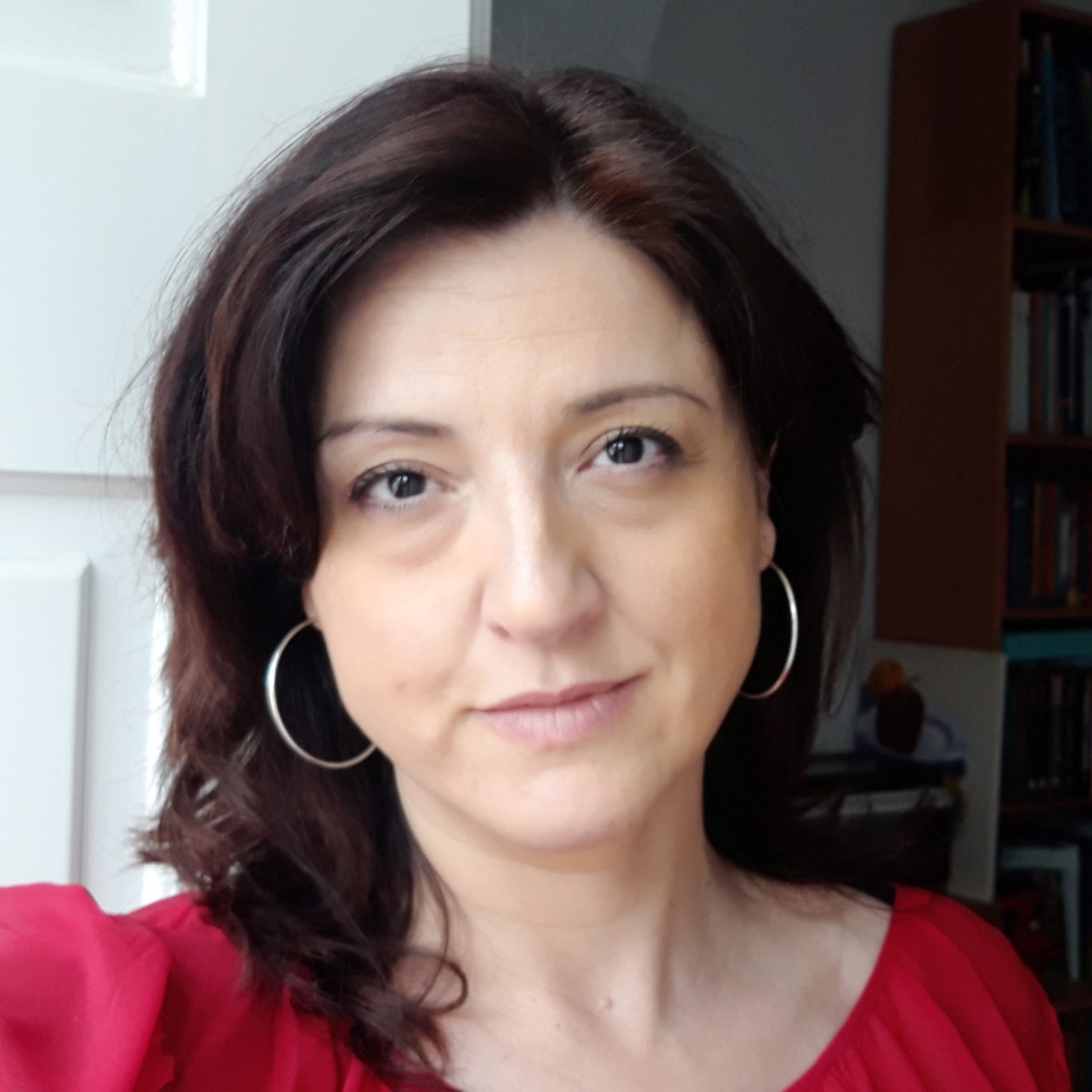
Patrícia Gonçalves
LIP/IST
Patrícia Gonçalves is a Full Professor at the Department of Physics at Instituto Superior Técnico of Lisbon University, and a Researcher at LIP, Laboratório de Instrumentação e Física Experimental de Partículas in Lisbon, Portugal. She was appointed as the President of the board of Directors of LIP in May 2024, having been a member of LIP's board of Directors since 2017. At LIP she coordinates the activities related to Space applications, in the field of Space Radiation Environment and Effects since 2006. She also collaborates with the Portuguese group participating in the Pierre Auger Observatory and she is a member of the Geant4 Collaboration.
📧 patricia@lip.pt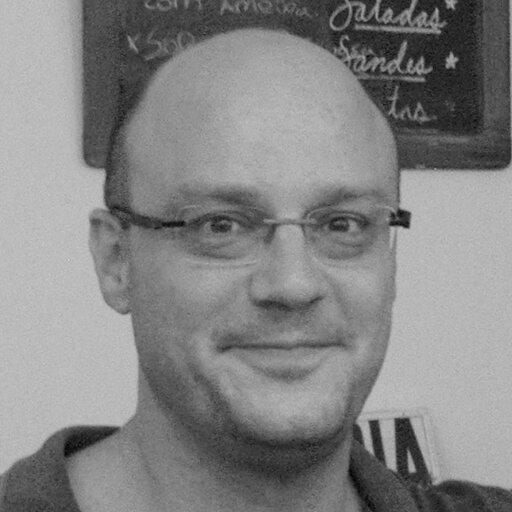
Bernardo Tomé
LIP/IST
Bernardo Tomé is a Researcher at LIP – Laboratório de Instrumentação e Física Experimental de Partículas - , working in the fields of Experimental High Energy Physics and Astroparticle Physics. His main research focuses on very-high-energy cosmic ray physics and Monte Carlo detector simulations. He is a member of the Pierre Auger Collaboration, dedicated to studying ultra-high-energy cosmic rays in Argentina, and participates in the Geant4 collaboration, contributing to the development of particle interaction simulations widely used in high-energy physics, medical physics, and space science. Currently, he is involved in the SWGO project, exploring the potential of large field-of-view hybrid detectors for the detection of very-high-energy gamma rays in the southern hemisphere.
📧 bernardo@lip.ptGraduate Students
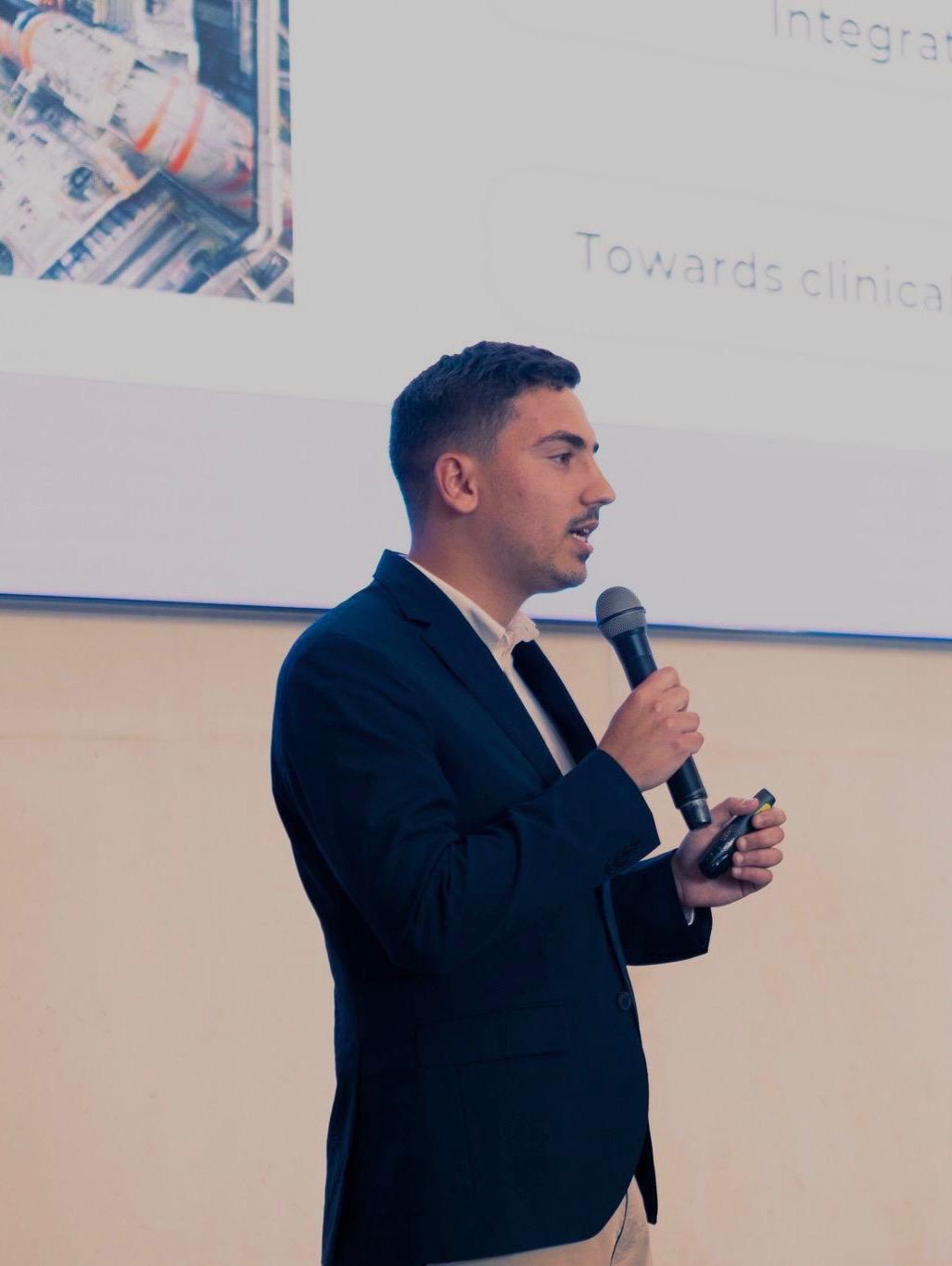
Gonçalo Ribeiro
LIP/CERN/IST
Gonçalo Ribeiro is a Researcher at LIP – Laboratório de Instrumentação e Física Experimental de Partículas and a PhD candidate at Instituto Superior Técnico (IST), University of Lisbon, working on innovative particle detector technologies for medical applications, with a focus on FLASH Radiotherapy. He is the co-founder of FLASHGuard, a deep-tech initiative translating academic research into real-world impact through real-time beam monitoring for cancer treatment. The project originated from his Bachelor’s and Master’s theses, both awarded the highest distinction (20/20) and has received multiple national and international awards, including Lab2Market@Técnico 2025, the Youth Start-Up Competition (YSC) in Copenhagen, LISPOLIS Ignite, and Best Master’s Thesis in the scientific area of Particle and Nuclear Physics at IST. Gonçalo is actively involved in technology transfer, including contributions to a patent application, and regularly engages in science communication, outreach, and student supervision.
📧 gmribeiro@lip.pt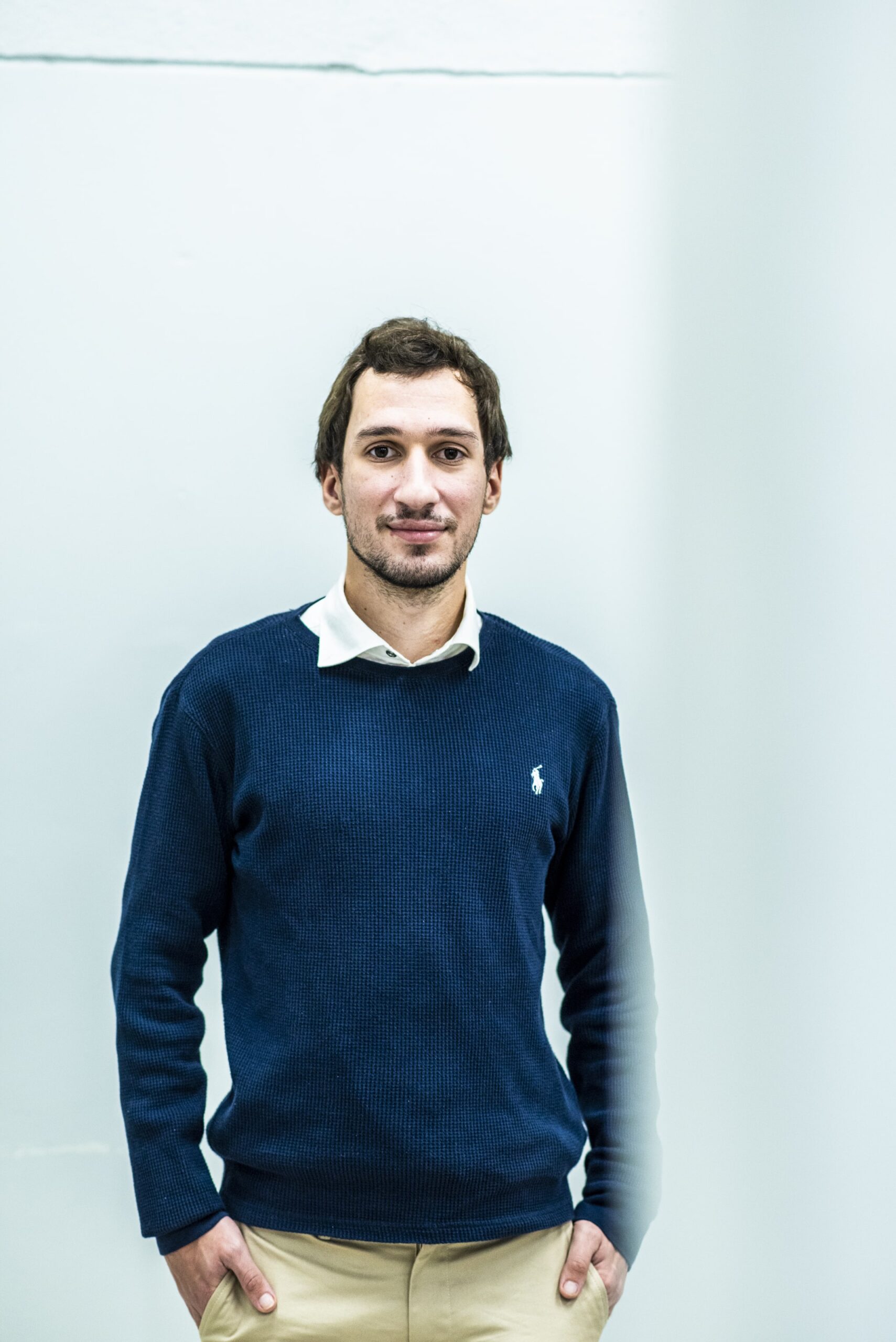
Manuel Ratola
LIP/IST
Manuel Ratola is a researcher at LIP and a PhD candidate at Instituto Superior Técnico, University of Lisbon. His work focuses on the development of innovative particle detector technologies for medical applications, within the scope of the FLASHGuard and BoneOscopy projects.
📧 manuelratola22@tecnico.ulisboa.pt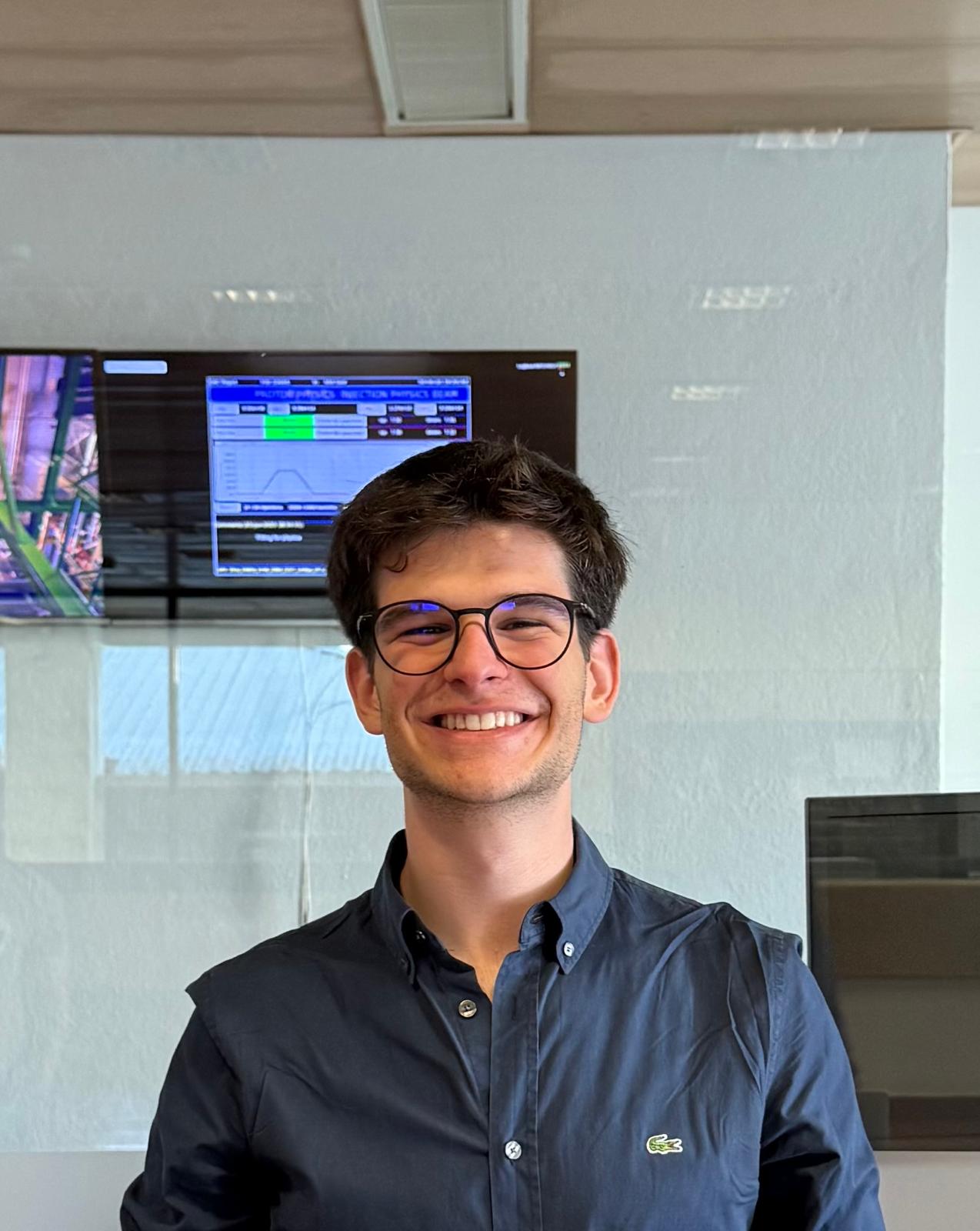
Gonçalo Roriz
LIP/IST
Gonçalo Roriz is a Master’s student in Physics Engineering at Instituto Superior Técnico, University of Lisbon. He carried out his Bachelor’s thesis within the FLASHGuard Project, focusing on the development of fast electronics and data acquisition (DAQ) systems for the project prototype. His work received the highest distinction (20/20) and earned 1st Place in the JEF Awards for Bachelor’s students, recognising his contribution to real-time beam monitoring technologies for FLASH Radiotherapy. He was also awarded the Gulbenkian Novos Talentos grant, a prestigious recognition of scientific excellence, and chose to continue his work within the FLASHGuard Project. Gonçalo is currently preparing his Master’s thesis within the same research group, further advancing high-performance DAQ systems and fast electronics for the FLASHGuard prototype.
📧 goncalororiz@tecnico.ulisboa.ptUndergraduate Students
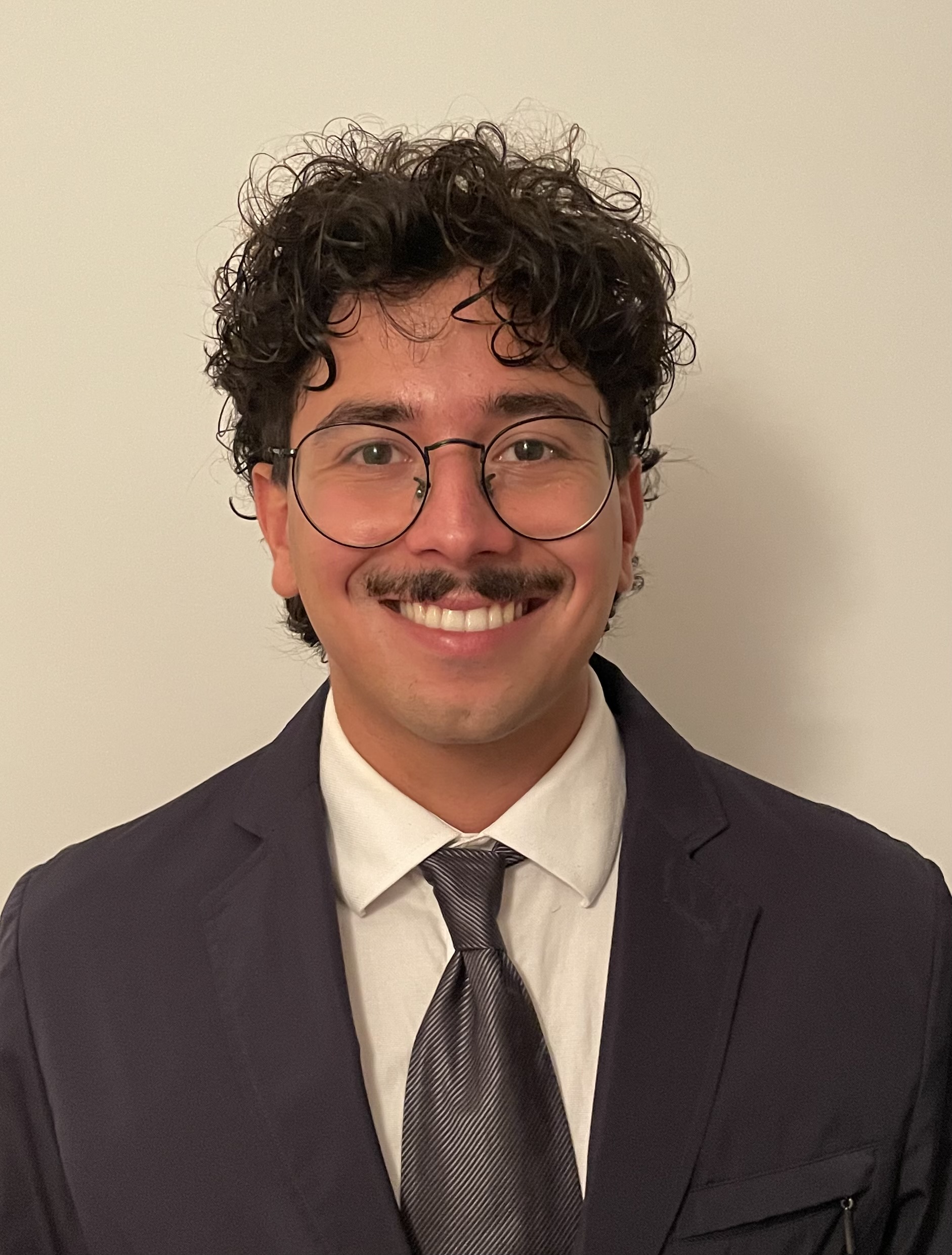
Francisco Cavaco
LIP/IST
Francisco Cavaco is a Bachelor's student in Engineering Physics at Instituto Superior Técnico (IST), University of Lisbon. He is starting his integration into the FLASHGuard Project, where he will develop his Bachelor's thesis. His research will contribute to the ongoing development of innovative technologies for FLASH Radiotherapy, with a particular focus on experimental physics and applied instrumentation. Through this work, Francisco aims to deepen his expertise in hands-on research while contributing to the advancement of cutting-edge solutions within the FLASHGuard Project.
📧 francisco.cavaco@tecnico.ulisboa.pt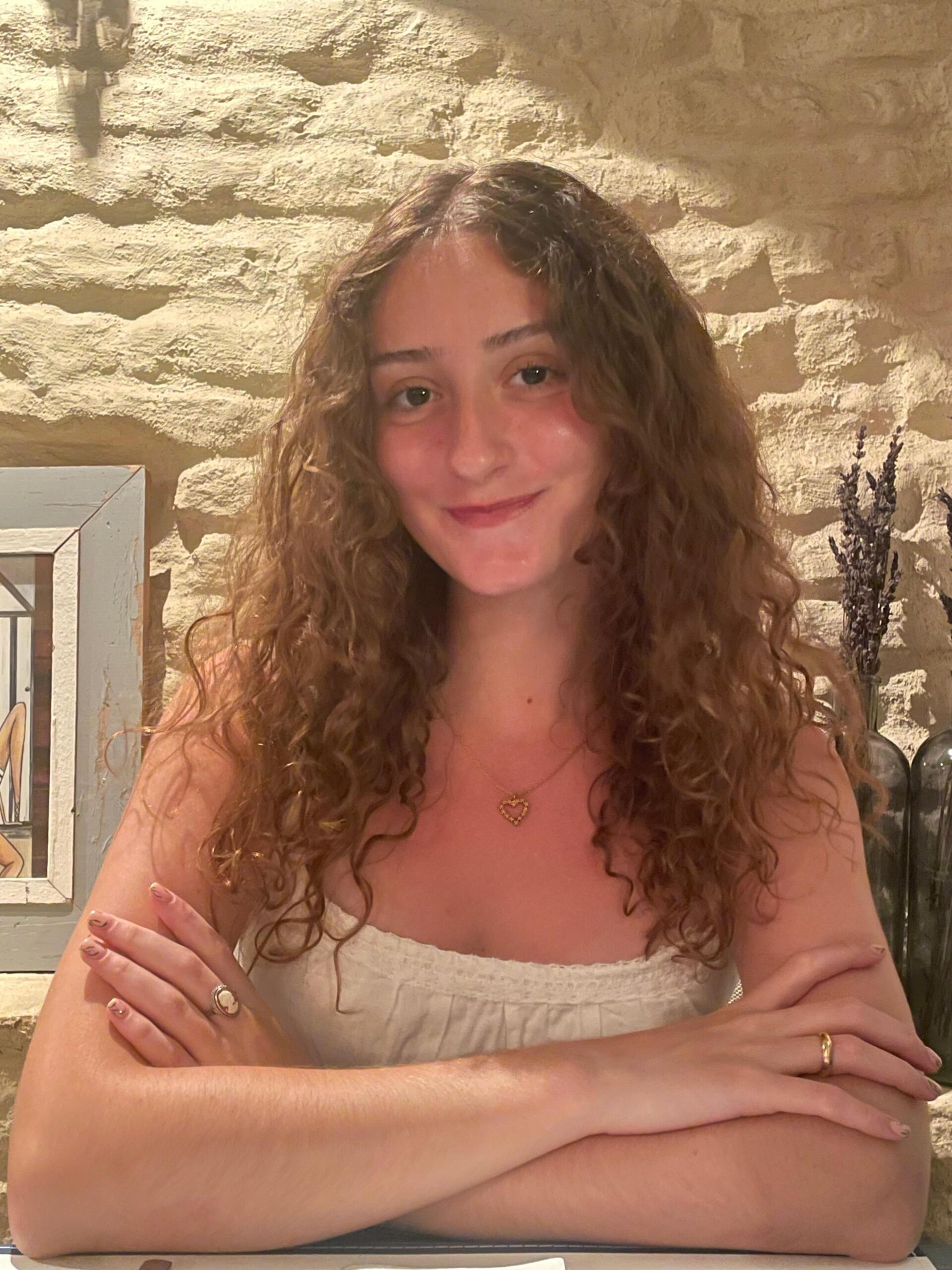
Carlota Pataca
LIP/IST
Carlota Pataca is a final-year Bachelor’s student in Physics Engineering at Instituto Superior Técnico (IST), University of Lisbon. She will develop her Bachelor’s thesis within the FLASHGuard Project, focusing on experimental physics, instrumentation, data analysis and contributing to the study of FLASH Radiotherapy technologies. Her aim is to strengthen her knowledge and experience through experimental work, while applying physics to the greater good - a passion she has always pursued.
📧 carlotapataca@tecnico.ulisboa.pt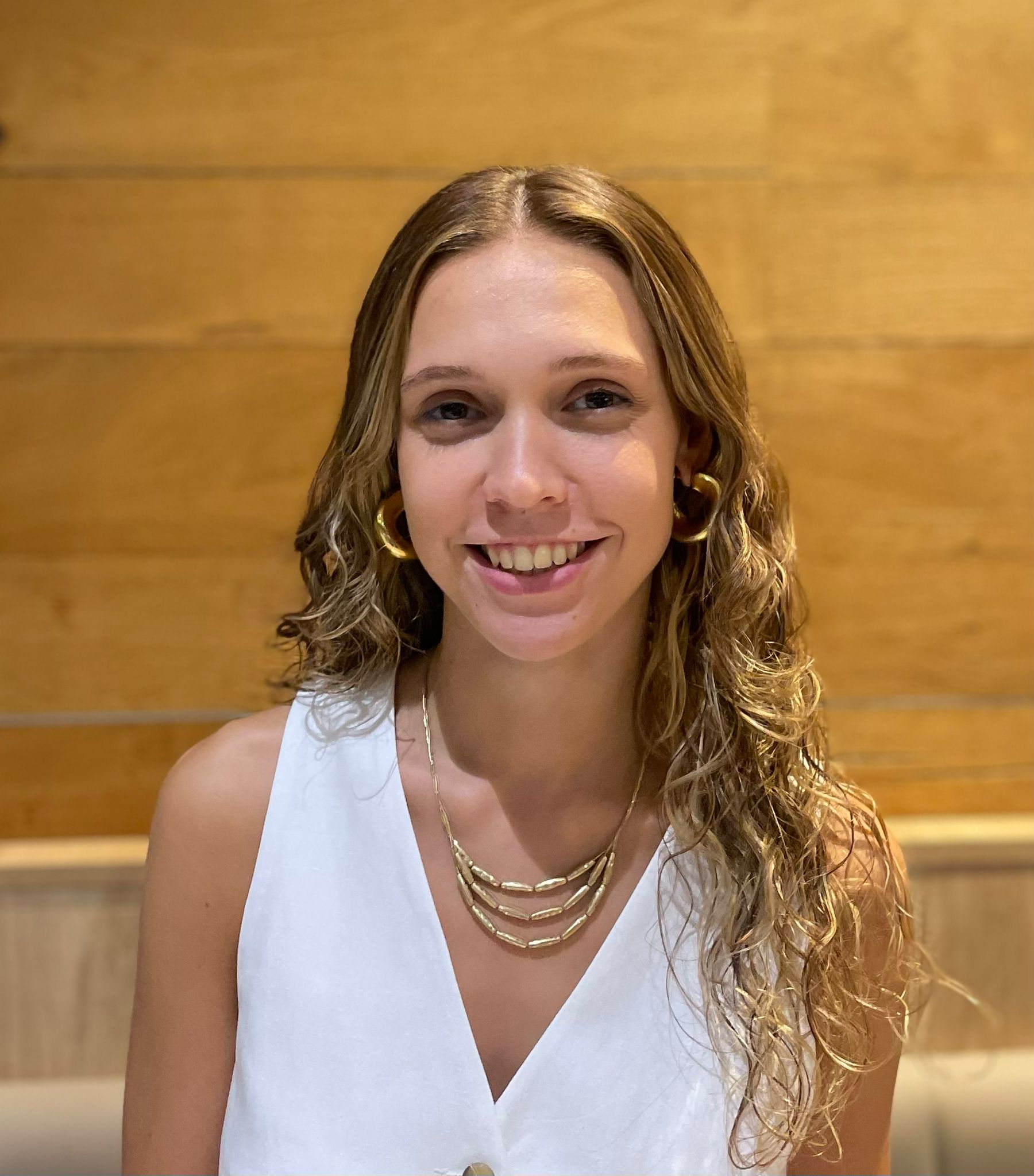
Maria Eduarda Fidalgo
LIP/IST
Maria Eduarda Fidalgo is a Bachelor’s student in Physics Engineering at Instituto Superior Técnico and is one of the most recent members of the FLASHGuard Project Team. Her Bachelor’s thesis will be focused on the ongoing research into particle detector technologies for FLASH Radiotherapy, within the scope of the FLASHGuard Project.
📧 maria.eduarda.fidalgo@tecnico.ulisboa.pt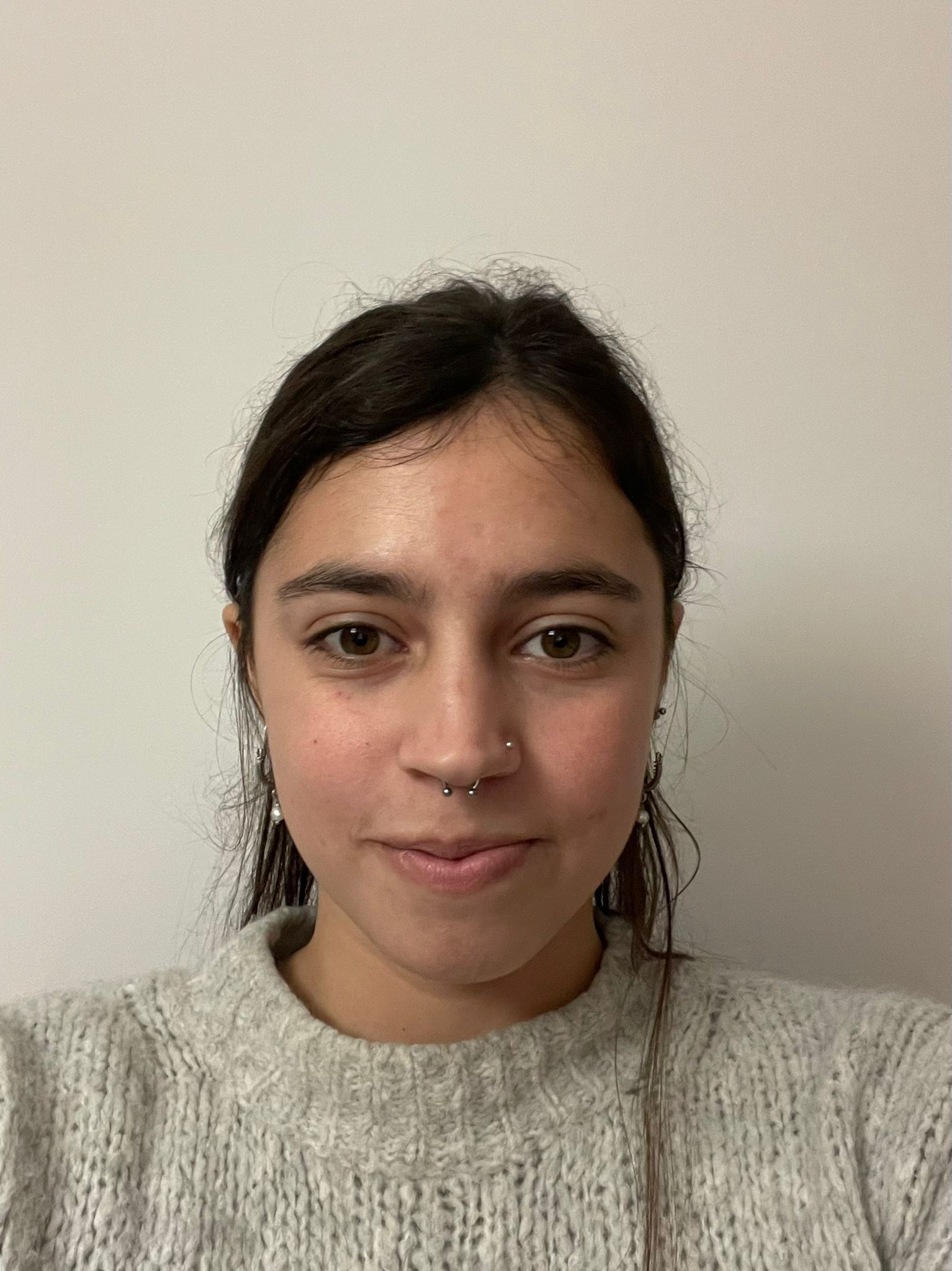
Maria Almeida e Silva
LIP/IST
Maria Almeida e Silva is a Bachelor’s student in Physics Engineering at Instituto Superior Técnico, University of Lisbon. She is starting her integration into the FLASHGuard Project, where she will be doing an internship. Maria’s aim is to strengthen her knowledge and experience through experimental work, contributing to the ongoing research of FLASH Radiotherapy, within the FLASHGuard Project.
📧 maria.almeida.silva@tecnico.ulisboa.ptTechnicians
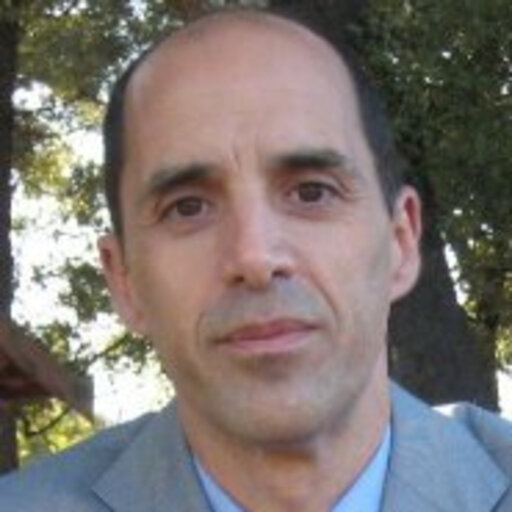
Miguel Ferreira
LIP
Miguel Ferreira is a researcher and electronics engineer at the Laboratory of Instrumentation and Experimental Particle Physics (LIP) in Portugal. He provides critical support in fast electronics development for the FLASHGuard project, leveraging extensive experience gained through his work with major international collaborations such as the Pierre Auger Observatory and the ATLAS High-Granularity Timing Detector (HGTD). His expertise in SiPM-based front-end electronics is essential for designing robust, high-speed monitoring systems for FLASH Radiotherapy. Miguel plays a key role in integrating advanced electronics with experimental physics and engineering, ensuring innovative solutions to the challenges of real-time beam monitoring.
📧 miguel@lip.pt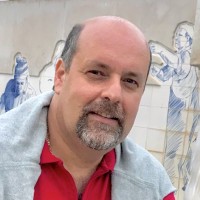
José Carlos Nogueira
LIP
José Carlos Nogueira is an electronics technician at the Laboratory of Instrumentation and Experimental Particle Physics (LIP) in Lisbon. With extensive experience supporting detector development for large-scale physics experiments, he plays a vital role in the assembly, testing, and maintenance of advanced instrumentation systems. His work has contributed to international projects such as the Pierre Auger Observatory, focusing on robust electronics solutions for harsh environments. At LIP, José Carlos provides key technical expertise for the development and operation of monitoring systems in applications ranging from particle physics to radiotherapy technologies.
📧 ze@lip.ptAdvisory Committee
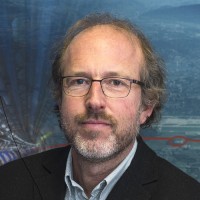
Maurizio Vretenar, PhD
CERN
Maurizio Vretenar is an expert in accelerator physics and one of Europe's most prominent figures in the field of particle accelerator development. He has played a leading role at CERN in the advancement of accelerator technologies, particularly in high-frequency RF systems and compact accelerator design for medical and scientific applications. With extensive experience coordinating large-scale international collaborations, Maurizio has also contributed to projects that aim to transfer advanced accelerator technology to healthcare, including initiatives for cancer treatment. His expertise in particle beam generation and accelerator systems is essential to the development of novel medical technologies like FLASH Radiotherapy, where precise and reliable beam delivery is paramount.
📧 maurizio.vretenar@cern.ch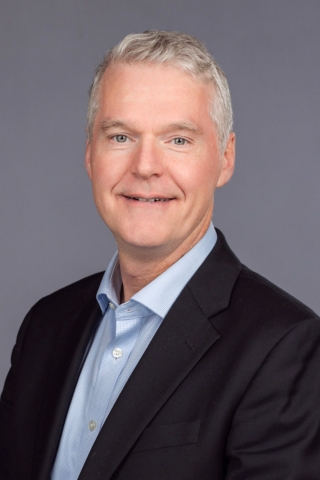
Brian Pogue, PhD
Dartmouth Engineering
Brian Pogue is an internationally recognised expert in Medical Physics and Engineering, with extensive contributions in the development of advanced imaging technologies for cancer treatment. His research focuses on areas such as Cherenkov imaging, FLASH Radiotherapy, in vivo oxygen sensing, Photodynamic Therapy, and fluorescence-guided surgery. Dr. Pogue has pioneered techniques that integrate molecular imaging with cancer therapy to improve surgical precision and the effectiveness of radiation treatment. He has authored over 600 peer-reviewed publications and secured more than $52 million in research funding from the U.S. National Institutes of Health. Dr. Pogue is a Fellow of AIMBE, SPIE, AAPM, NAI & Optica, and serves on the Board of Directors for SPIE, reflecting his leadership and impact in the biomedical research community.
📧 brian.w.pogue@dartmouth.eduAlumni
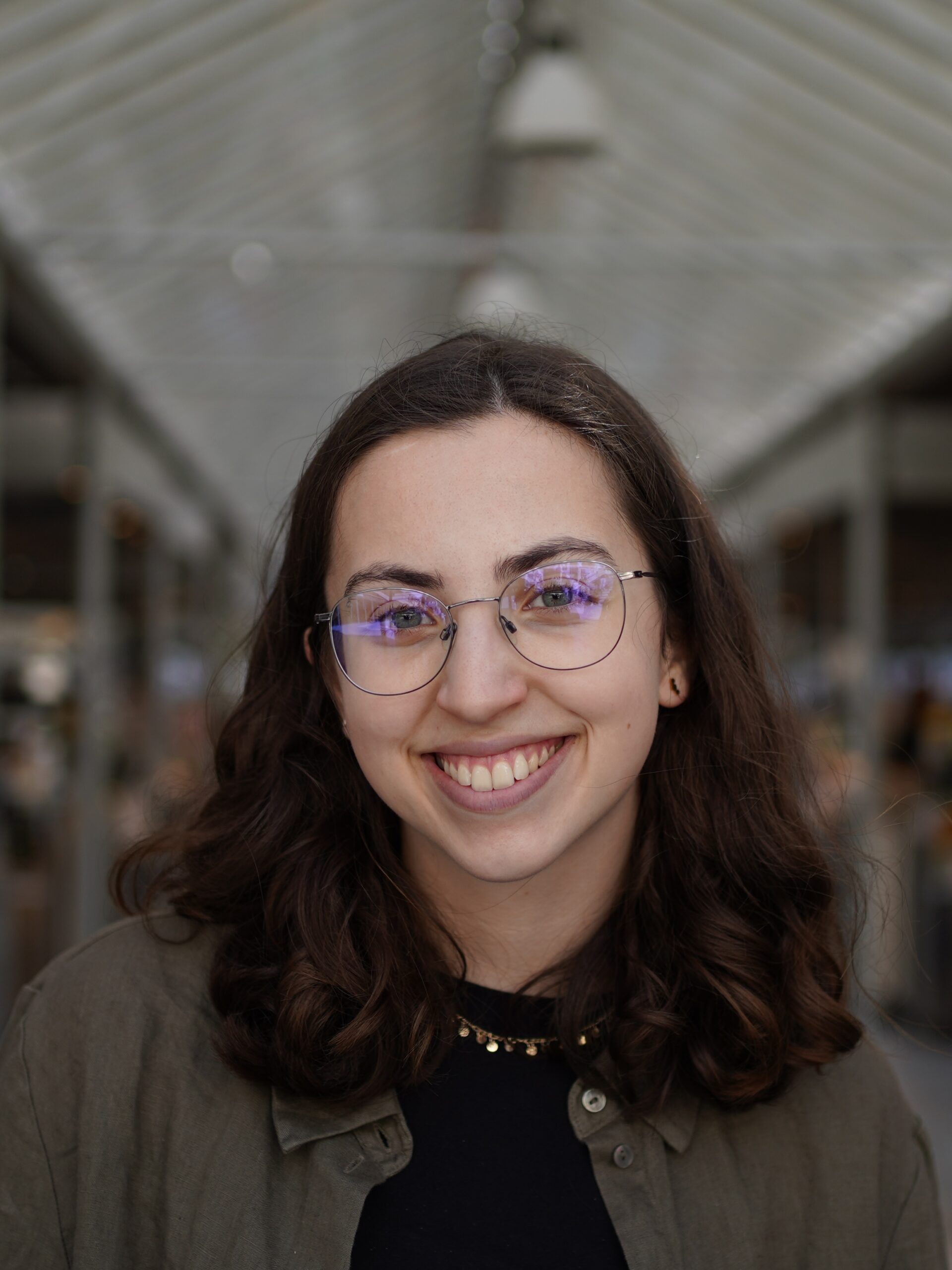
Carolina Miranda
LIP/IST
Carolina Miranda is a Master's student in Physics Engineering at Instituto Superior Técnico (IST), University of Lisbon. She was part of the FLASHGuard project team from its inception, contributing to the development of advanced beam monitoring technologies for FLASH Radiotherapy. Her Bachelor's thesis, carried out within the FLASHGuard Project, received the highest distinction with a final grade of 20/20. She was later awarded 1st Place in the JEF Awards for Master's students in recognition of her work. Carolina is also actively engaged in science outreach and was selected for the prestigious Gulbenkian "Novos Talentos em Física" scholarship, which highlights promising young talents in the field of Physics.
📧 carolina.f.miranda@tecnico.ulisboa.pt